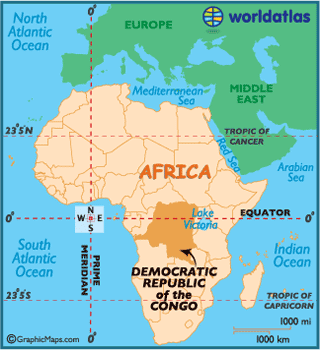 I have just moved house, an unexpectedly stressful business which involves a good deal more wandering around with a screwdriver than I had intended.
I have just moved house, an unexpectedly stressful business which involves a good deal more wandering around with a screwdriver than I had intended. There I was pulling apart the crumbling casing for some hot water pipes, and what should I find - a copy of the Daily Mirror from 30 January 1981. Inside was a fascinating editorial castigating a poll in the Sun. This is what it said:
"Forty-three per cent of voters with a telephone would vote for a centre party which doesn't exist - and isn't likely to.... The Mail said a centre party would get 30 per cent of the vote, but 40 per cent if the Liberals were in it. "
There was then an obscure discussion about the support that David Steel would get if he was leader, trumped by Shirley Williams if it was her. But then, as we all know, later that same year, the Mirror had to eat their words: the SDP was indeed launched, and shot up in the opinion polls for a couple of exciting and rather stressful years - I speak as a twentysomething Liberal activist at the time.
But it set me thinking about the need people have in every age for a new political pretender, on whom they might project their greatest hopes.
So have people really swung to the right in the three and a half decades since then? From the enthusiastic endorsement of a centre party with the European Union in its DNA to a right wing party which looks very different (though I don't think Ukip will ever manage 30 per cent in the polls).
I doubt it. What that editorial reminded me is how much people long for political outsiders who might speak for them against the establishment. It doesn't really matter if it is Ukip or an SDP which didn't yet exist. They will gather support.
I'm not arguing that they will inevitably fade away. The SDP came back in the form of Blair and inherited the world, after all. Ukip could pull off a similar trick with the Conservative Party. They are parallel phenomena.
There are other parallels between then and now. Back in 1981, people felt a sense that their government was powerless to help them - inflation was at nearly 12 per cent, UK industry was closing its door thanks to the high pound, the unemployed were marching from Jarrow again and riots were about to tear apart the inner cities.
These days, the economic situation is a whole lot better, but there is a doubt - it seems to me - whether the establishment wants to support the people of the nation. I'm not talking about welfare here. I'm talking about the sense that even the middle classes have that the establishment is somehow governing on behalf of someone else altogether.
The trickle down effect which so motivated the government in 1981, and which so manifestly failed to trickle, has become such a doctrine of faith that the mainstream political world seems not to have noticed that, actually, it doesn't trickle down - it hoovers up!
So when I heard that another Conservative MP has thrown in his lot with Ukip, it partly reminded me of 1981 when the same thing was happening to the Labour Party - and it partly reminded me of what drives the rage behind Ukip.
It is the same phenomenon that drove the independence vote in Scotland. It is people's sense that their own politicians are not on their side - that they have become so stuck in the fantasy of trickle down that they appear to be governing entirely on behalf of a global elite. Smoothing the way for their luxury high rise flats, their cheap labour, their monopolistic ambitions.
This is not going to last, because it can't - it throws up ugly, intolerant politics. It provides no answers. Something is going to shift, and my guess it will do so in the next parliament - but we are going to go through a rough period before we get there, and there is a lot of thinking to be done in the meantime.





.jpg)




